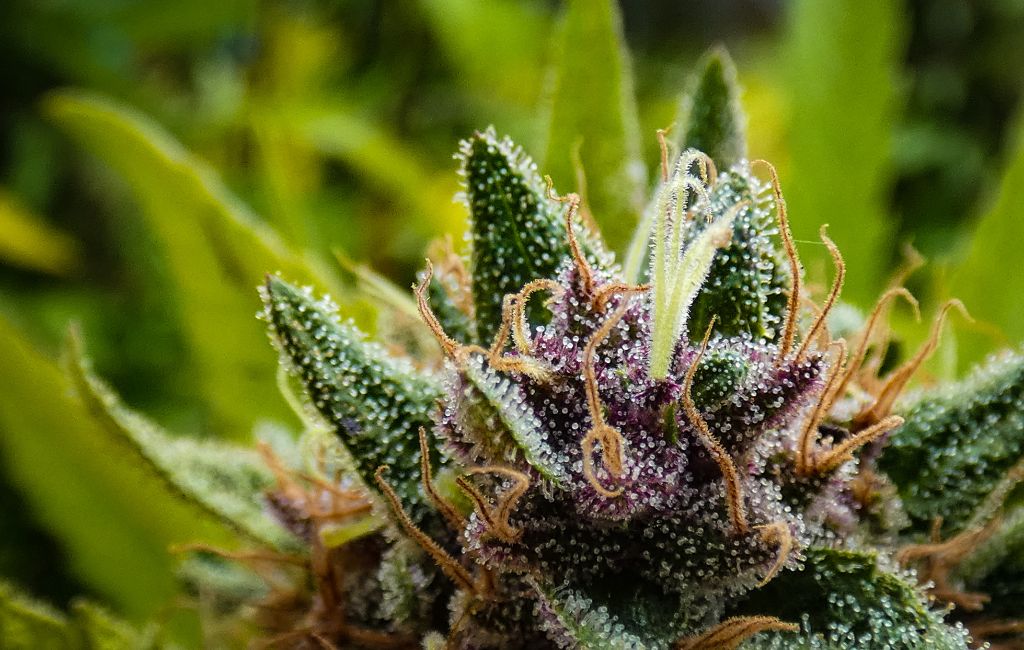Boost Vitality with THCa Flower
In recent years, the interest in cannabis and its various compounds has surged, leading to a deeper understanding of its potential benefits. Among these compounds, THCa (tetrahydrocannabinolic acid) has gained attention for its unique properties. This article explores how THCa flower can enhance vitality and well-being.
Understanding THCa: The Basics
THCa is a non-psychoactive cannabinoid found in raw and live cannabis plants. Unlike THC, which is known for its psychoactive effects, THCa does not produce a “high.” This makes it an appealing option for those seeking the therapeutic benefits of cannabis without the mind-altering effects.
How THCa Works
THCa interacts with the body’s endocannabinoid system, which plays a role in regulating various physiological processes. By binding to cannabinoid receptors, THCa can influence functions such as mood, appetite, and pain perception.
Potential Health Benefits of THCa
Research into THCa is still in its early stages, but preliminary findings suggest several potential health benefits:
- Anti-inflammatory Properties: THCa may help reduce inflammation, which is linked to numerous chronic conditions.
- Neuroprotective Effects: Some studies indicate that THCa could protect brain cells from damage, potentially benefiting those with neurodegenerative diseases.
- Antiemetic Benefits: THCa might help alleviate nausea and vomiting, making it useful for individuals undergoing chemotherapy.
- Pain Relief: By interacting with pain receptors, THCa may offer relief from chronic pain conditions.
Incorporating THCa Flower into Your Routine
For those interested in exploring the benefits of THCa, there are several ways to incorporate it into daily life:
Raw Consumption
Consuming raw cannabis leaves or flowers is one way to intake THCa. This can be done by adding them to smoothies or salads, providing a nutritional boost without psychoactive effects.
Juicing
Juicing raw cannabis is another method to access THCa. This approach preserves the cannabinoid’s integrity and allows for easy consumption.
Tinctures and Oils
THCa tinctures and oils offer a convenient way to measure and control dosage. These products can be added to food or taken sublingually for quick absorption.
Case Studies and Real-Life Examples
Several anecdotal reports and case studies highlight the potential of THCa in improving quality of life:
- A study involving patients with epilepsy found that THCa reduced seizure frequency and severity.
- Individuals with arthritis reported decreased joint pain and improved mobility after incorporating THCa into their regimen.
- Cancer patients experiencing chemotherapy-induced nausea noted significant relief with THCa use.
Scientific Research and Statistics
While more research is needed, existing studies provide promising insights:
- A 2013 study published in the British Journal of Pharmacology highlighted THCa’s anti-inflammatory properties.
- Research from the University of Guelph in 2017 suggested THCa’s potential in neuroprotection.
- Statistics from patient surveys indicate a high satisfaction rate among those using THCa for pain management.
Considerations and Precautions
Before incorporating THCa into your routine, consider the following:
- Consultation with Healthcare Providers: Discuss with a healthcare professional, especially if you have existing health conditions or are taking medications.
- Quality and Source: Ensure that the THCa products are sourced from reputable suppliers to guarantee purity and potency.
- Dosage: Start with a low dose and gradually increase to find the optimal amount for your needs.
Conclusion
THCa flower presents a promising avenue for enhancing vitality and well-being. With its potential anti-inflammatory, neuroprotective, and pain-relieving properties, it offers a natural alternative for those seeking to improve their health. As research continues to unfold, THCa may become a staple in holistic wellness practices.
